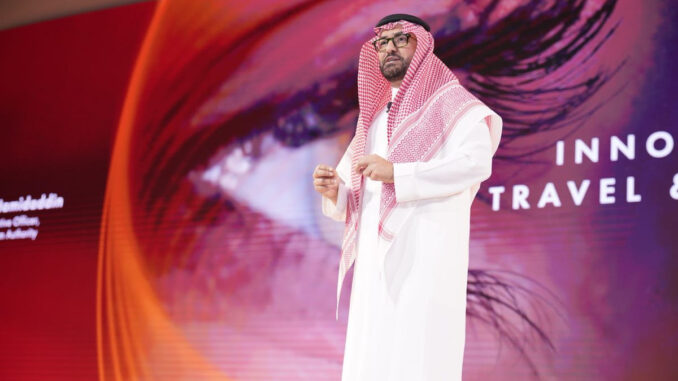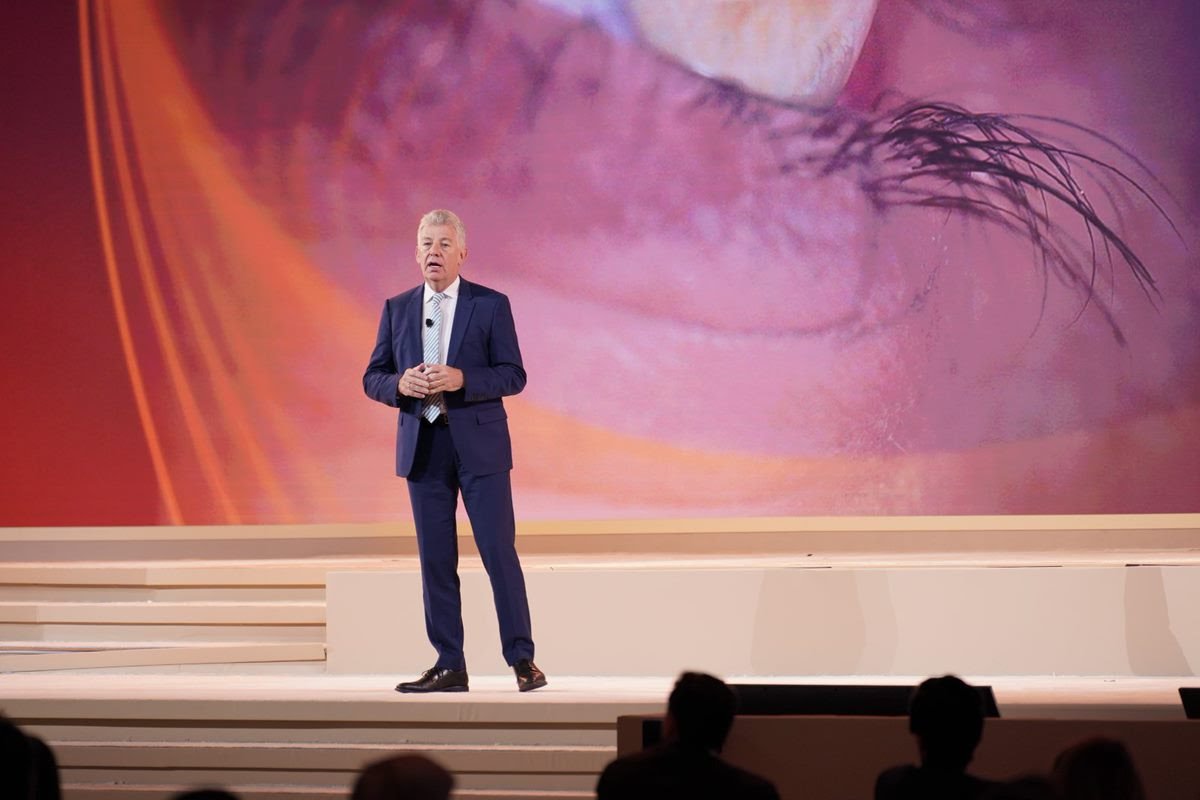
Riyadh, Saudi Arabia, 1 December 2022: The leaders of the global travel and tourism industry left the Saudi capital of Riyadh and the biggest-ever World Travel & Tourism Council Summit last night with a renewed sense of optimism, shared future goals, and a stronger commitment to collaborative cross-border strategies to drive a successful future for the sector.
The three-day summit attracted decision-makers from every corner of the world as host nation Saudi Arabia hosted 55 Government Ministers, 250 travel and tourism CEOs and 60 ambassadors who were among nearly 3000 delegates from 140 countries. It is the largest gathering of tourism leaders and professionals that the Summit has ever hosted.

The Riyadh Summit had twice the number of delegates as the last major pre-Covid Summit in Seville and nearly three times as many countries represented with 140 compared to over 50 in Seville in 2019.
Closing the Summit, HE Ahmed Al Khateeb, Minister of Tourism, Kingdom of Saudi Arabia said:
“This event has been the perfect example of collaboration, of great conversations that have led to meaningful action. I hope you have all experienced the real meaning of Saudi hospitality. In the Kingdom we call hospitality Hafawah. We understand that hospitality has the power to unlock authentic experiences that set us apart.”
Thanking the host nation, Julia Simpson, President and CEO, World Travel & Tourism Council, “The passion, the people, the hospitality we have had has been incredible here in Saudi Arabia. This sector is growing – and it’s going to grow here. This country is going to end up with more visitors than the USA.”
Among the many themes of the Summit was the positive impact sustainable strategies can have on generating jobs, prosperity and the sustained development of communities that are vital for a vibrant future for travel and tourism.
One of the highlights of the final day of the Summit was a special appearance by actor and philanthropist Edward Norton who was in conversation with Fahd Hamidaddin, CEO and Member of the Board, Saudi Tourism Authority.

For the past 15 years, Mr. Norton has been a UN ambassador for biodiversity and is the President of the Maasi Wilderness Conservation Trust, He told delegates: “We are in a world in which wars are going to get fought over water. This is one of the most critical national security-constrained resources in the world and it’s only going to get more intense. We cannot have tourism industries that are not addressing how they source their water.
“Real local training and capacity-building is a terrible shortfall in most of the places I’ve been. They put local people front of house and don’t really train them. There needs to be a deeper commitment to local training and real local employment.”
Paul Griffiths is CEO of Dubai Airports International and said: “We are facing a new reality with the urgent need to embed sustainability practices into everything we do. The end product that we should all be striving to achieve is the delight of the customer, usually achieved by ensuring the interface with our products is as brief as possible.”
The importance of the environment in urban areas was also discussed with Hon. Mitsuaki Hoshino, Vice Commissioner, Japan Tourism Authority explaining: “When we design the cities of the future we look to the inspiration of nature; it continues to teach us so much that informs our urban planning.”
As the fastest growing tourism market in the world and the largest levels of investment, delegates were impressed by the vision and also had the opportunity to learn more from the leaders of the Kingdom’s rapidly growing sector.
Carolyn Turnbull, Managing Director, Tourism Western Australia commented: “Collectively we can all agree that our experience here in Riyadh has been extraordinary; to hear of the vision that exists here is remarkable. I will certainly be leaving today to ensure that Western Australia is thinking as big as Riyadh is because it’s quite remarkable.”
From a host nation perspective, Fahd Hamidaddin, CEO and Member of the Board at Saudi Tourism Authority said. “The domestic impact and the WTTC committing to $10.5bn is definitely a clear win-win for both Saudi and these businesses that are looking for growth opportunities across the world”
Qusai Al Fakhri, Chief Executive Officer, Tourism Development Fund added: “One of the main aims of our tourism focus is to create jobs and drive GDP. Up to 60% of Saudis are below the age of 35. By their very nature they are digital natives and therefore it makes sense to develop projects with a clear technological dimension.”
Jerry Inzerillo, President & Chief Executive Officer, Diriyah Gate Development Authority concluded: “Of all the world’s greatest cities, the one thing they have in common is that they’re celebratory. They may not share the same languages, cultures, or traditions but they celebrate diversity, identity, and a shared sense of humanity. That’s something Riyadh does exceptionally well and that’s something Diriyah will do, too”
The Summit saw a series of MOUs and agreements signed during the Summit and the announcement of new awards. One of those was the new Hafawa, or Hospitality awards that were announced by Saudi Arabia Minister of Tourism HE Ahmed Al-Khateeb. His Excellency also signed formal MOUs with Djibouti Spain Costa Rica and Bahamas to further strengthen Saudi Arabia’s growing international partnerships and collaboration.
The Bicester Collection also launched its “Unlock Her Future Prize” at the Summit with the inaugural edition taking place in the MENA region in 2023 to reward and empower women social impact entrepreneurs. Each of the three winners will receive a business grant of up to US$100,000.
The Summit has had a global impact with over 7 million livestreams of the keynote speeches, panel discussions and presentations and has been the most influential gathering of tourism leaders and decision makers in the world this year.
